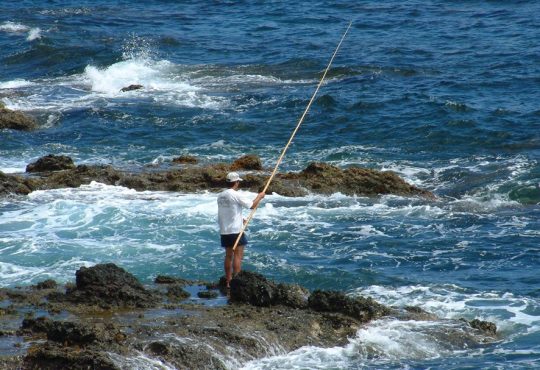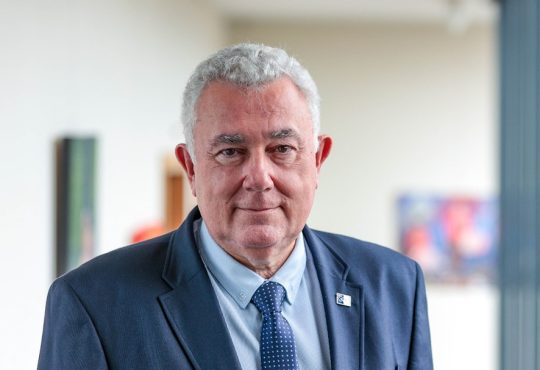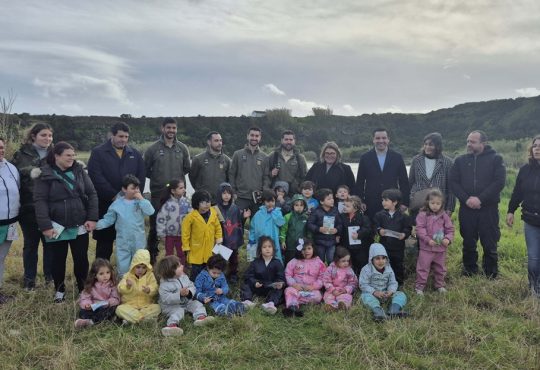
The Presidency of the Government of the Azores, through the Regional Directorate for the Communities, is promoting an online seminar on “The Emigration of Azoreans to the Northeast of Brazil,” which will be broadcast on Thursday, September 7, at 8:30 pm in the Azores and 5:30 pm in Brazil.
The webinar will take place via the official Facebook page of the Regional Directorate for the Communities to mark the day celebrating the independence of Brazil, featuring presentations by four researchers dedicated to genealogical research in the northeastern region of Brazil.
Aristides Bogea Bittercourt will address the pioneering Azorean emigration to the state of Maranhão and Hélya Abath will talk about the presence of the Azoreans in the state of Ceará, while Luciano Canuto de Oliveira and José Roberto Bezerra de Medeiros will focus their presentations on the state of Paraíba and the states of Pernambuco and Rio Grande do Norte, respectively.
The Regional Director for the Communities, José Andrade, will moderate a final debate with the four guest researchers.
Brazil was the first major destination for Azorean emigration, whose main purpose was the Portuguese settlement of territories from the north to the south of the country. The first wave of Azorean couples left for Brazil in the 17th century, for Maranhão, which was followed by several migratory flows to regions further south, such as Santa Catarina and Rio Grande do Sul, but also São Paulo and Rio de Janeiro.
This debate on emigration from the Azores to northeastern Brazil follows on from other sessions on the Azorean presence in North America, already broadcast on the national days of Canada ( July 1) and the United States ( July 4).
GRA/RÁDIOILHÉU








